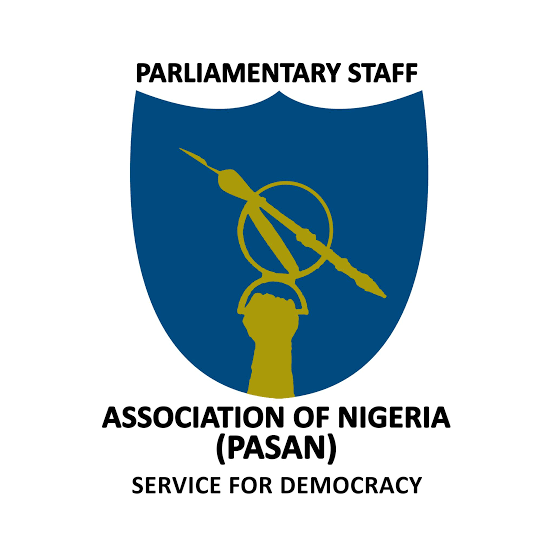
The Non-Academic Staff Union of Educational and Associated Institutions (NASU) has accused government officials of using the “No Work, No Pay” policy as a tool to intimidate workers, describing it as unjust and contrary to the principles of fair labour practice.
In a statement issued on Sunday in Abuja, the union’s General Secretary, Prince Peters Adeyemi, said the government’s recurring threats to invoke the policy during industrial disputes undermined the principles of fairness and mutual respect expected in employer–employee relations.
Adeyemi noted that the provision, derived from Section 42(1)(a) of the Trade Disputes Act, had been repeatedly misapplied to suppress legitimate industrial actions by workers.
“The ‘No Work, No Pay’ provision was never intended to be a weapon of oppression,” Adeyemi said. “It should not be used to criminalise legitimate struggles for fairness, dignity, and the fulfilment of agreements.”
He stressed that workers only embark on strike action as a last resort after all conciliatory efforts have failed, not as an impulsive act. The NASU chief also criticised the government for its pattern of neglecting signed agreements and delaying salary payments while threatening sanctions when workers protest.
“Where were these same officials when workers went for months without pay?” he asked. “The selective enforcement of ‘No Work, No Pay’ while ignoring ‘No Pay, No Work’ is unjust and contrary to the spirit of equity.”
Citing International Labour Organisation (ILO) Conventions 87 and 98, Adeyemi maintained that the right to strike is a globally recognised element of freedom of association and collective bargaining. He warned that punishing workers for participating in lawful strikes violates both international labour standards and Nigeria’s own laws.
Adeyemi further argued that workers’ struggles should not be viewed as rebellion but as a quest for justice and human dignity.
“No one is more patriotic than the Nigerian worker. Despite poor pay and unfulfilled promises, workers continue to build and sustain the nation,” he added.
He urged the government to strengthen collective bargaining frameworks and honour all agreements reached with unions, noting that true industrial harmony can only be achieved through dialogue, trust, and respect—not through threats or coercion.










